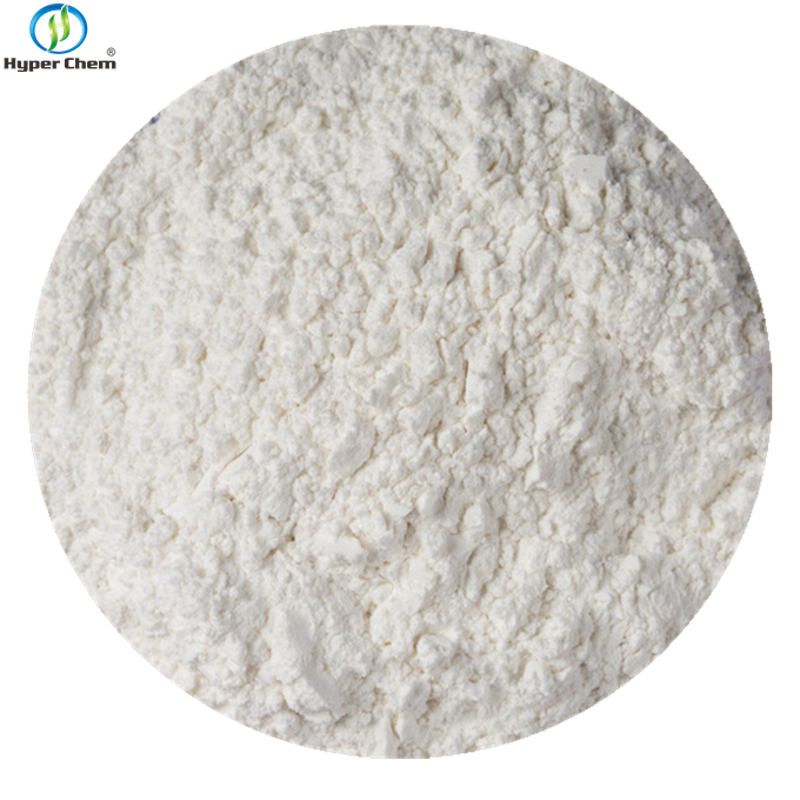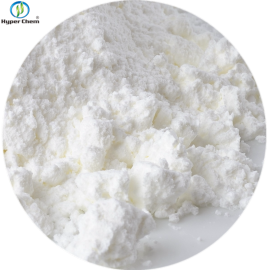-
Categories
-
Pharmaceutical Intermediates
-
Active Pharmaceutical Ingredients
-
Food Additives
- Industrial Coatings
- Agrochemicals
- Dyes and Pigments
- Surfactant
- Flavors and Fragrances
- Chemical Reagents
- Catalyst and Auxiliary
- Natural Products
- Inorganic Chemistry
-
Organic Chemistry
-
Biochemical Engineering
- Analytical Chemistry
-
Cosmetic Ingredient
- Water Treatment Chemical
-
Pharmaceutical Intermediates
Promotion
ECHEMI Mall
Wholesale
Weekly Price
Exhibition
News
-
Trade Service
Lenvatinib mesylate is a novel and orally available tyrosine kinase inhibitor that has attracted significant attention in the chemical industry due to its diverse range of applications.
The compound was first synthesized by scientists at the Eisai Co.
Ltd.
, a pharmaceutical company based in Japan, and was initially developed as a treatment for cancer.
One of the most significant applications of lenvatinib mesylate in the chemical industry is in the development of new cancer treatments.
The compound has been shown to be effective in inhibiting the growth and proliferation of a variety of cancer cell lines, including those derived from liver, kidney, and thyroid cancer.
This makes it a promising candidate for the development of new cancer therapies, and it is likely that further research will lead to the identification of new and more effective treatment protocols.
In addition to its potential as a cancer treatment, lenvatinib mesylate is also being explored for its use in the development of new drugs for the treatment of other diseases.
For example, it has been shown to be effective in reducing the formation of blood vessels, which makes it a promising candidate for the development of new treatments for angiogenesis-related diseases such as age-related macular degeneration.
It is also being studied for its potential in the treatment of fibrosis, a process that involves the excessive accumulation of extracellular matrix proteins and can lead to tissue scarring and dysfunction.
Another application of lenvatinib mesylate in the chemical industry is in the development of new diagnostic tools.
The compound has been shown to be effective in targeting specific cell surface receptors, which makes it a promising candidate for use in the development of new imaging agents for the detection of cancer and other diseases.
This has the potential to significantly improve the accuracy and sensitivity of disease diagnosis, which could lead to better patient outcomes.
Finally, lenvatinib mesylate is also being explored for its potential in the development of new drugs for the treatment of autoimmune diseases.
The compound has been shown to be effective in reducing the activity of immune cells, which makes it a promising candidate for the treatment of diseases such as rheumatoid arthritis and psoriasis.
In conclusion, lenvatinib mesylate is a promising compound with a wide range of applications in the chemical industry.
Its potential as a cancer treatment, its potential in the development of new drugs for the treatment of other diseases, its potential in the development of new diagnostic tools, and its potential in the development of new drugs for the treatment of autoimmune diseases make it an exciting area of research for chemists and other scientists.
Further research is needed to fully understand the potential of lenvatinib mesylate and to develop new and effective treatments for a variety of diseases.







